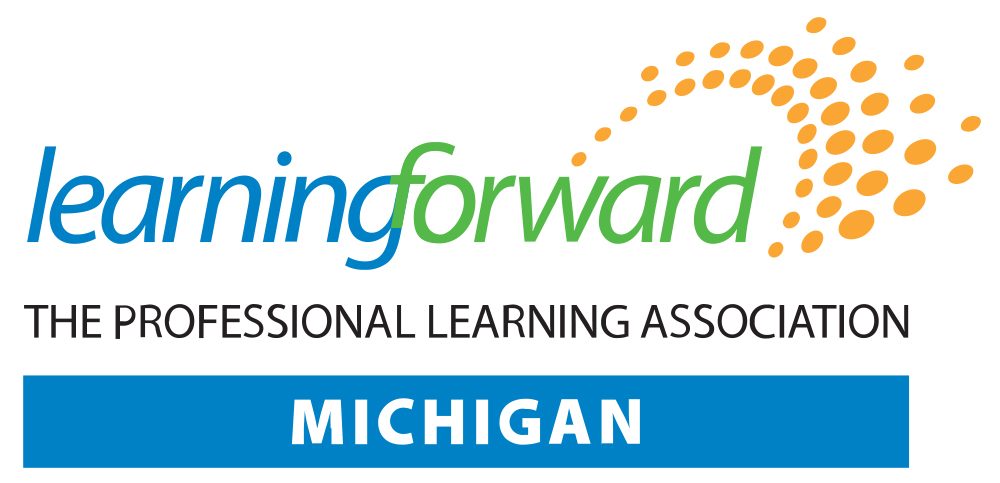Defining Teacher Leadership: A Needed Conversation
by Cynthia Carver, Oakland University
This is an exciting time to be a teacher leader! Increasingly, states are adopting teacher leadership endorsements and districts are finding ways to recognize teacher leaders for a variety of formal and informal roles, from new teacher mentor and literacy coach, to department chair and school improvement coordinator. In Michigan, for example, teacher leaders will be able to apply for an optional “Advanced Professional Educator” certificate starting in 2016. In preparation, teachers and leaders across the state are entering into conversation about how to use teacher leaders to promote continuous improvement at the building and district levels.
As an advocate for shared or distributed models of school leadership, I welcome these conversations. At the same time, I hope they are accompanied by an equally important discussion. What exactly do we mean by teacher leadership?
With growing interest in teacher leadership, it seems that everyone wants in on the party. That said, it’s not always clear that we’re always on the same party boat. Released in 2012, the Teacher Leader Model Standards represented one of the first formal attempts to define the knowledge base and competencies needed by teacher leaders. Notably, the Model Standards informed the development one year later of Michigan’s Standards for Teacher Leadership Preparation. At roughly the same time, the INTASC Model Core Teaching Standards (2011) highlighted the importance of “leadership and collaboration” by devoting an entire standard to encouraging new leadership roles by teachers. Similarly, authors of the draft 2014 ISLLC Standards for school leaders, recently released for public comment, were equally intentional to include teacher leaders in their discussion of school leader knowledge and skills. Why does any of this matter? Because teacher leadership sits in this interesting and yet undefined space between classroom teachers and their administrators, which brings me back to the beginning. How we define teacher leadership impacts whom we look to for leadership, as well as the leadership activities we expect from them.
While I am not advocating for any one definition of teacher leadership, I do argue that taking the time to talk with stakeholders about their understandings is a critical first step to elevating teacher leadership at the local level. Questions to explore: Are all teachers also leaders, or is leadership reserved for those who have demonstrated higher levels of mastery? Is informal leadership from the classroom the same as leadership in a formally defined role? If not, what are the implications for teachers’ relationship with school administrators? Additionally, what kinds of work are we likely to attribute to these school leaders?
At Learning Forward Michigan, we see teacher leaders as filling a variety of formal and informal roles. What they share in common, however, is a commitment to helping their colleagues learn from and with one another. This belief was the thinking behind LFM’s innovative program, Leading from the Classroom, which was developed to help teachers skillfully design, lead, and assess professional learning opportunities for their peers and colleagues.
Clearly, the years ahead will be exciting ones for Michigan teacher leaders. To make the most of this opportunity, however, we will need to talk openly across stakeholder groups about how we understand and define teacher leadership.

Our Vision
Equity and excellence in teaching and learning.
Our Mission
Learning Forward Michigan builds the capacity of leaders to establish and sustain highly effective professional learning.
Standards and Impact
Supports the implementation of standards and examines evidence to strengthen and document the impact of professional learning.
Leadership and Practice
Builds the capacity of its members, clients, partners, and staff to establish and sustain effective professional learning.
Advocacy and Policy
Advocates for policies and practices that strengthen the field of professional learning.

